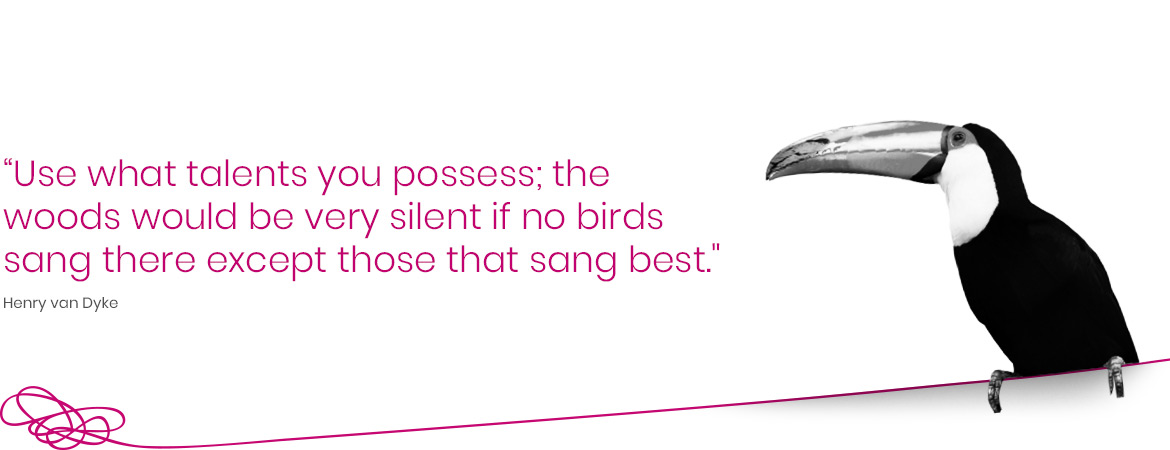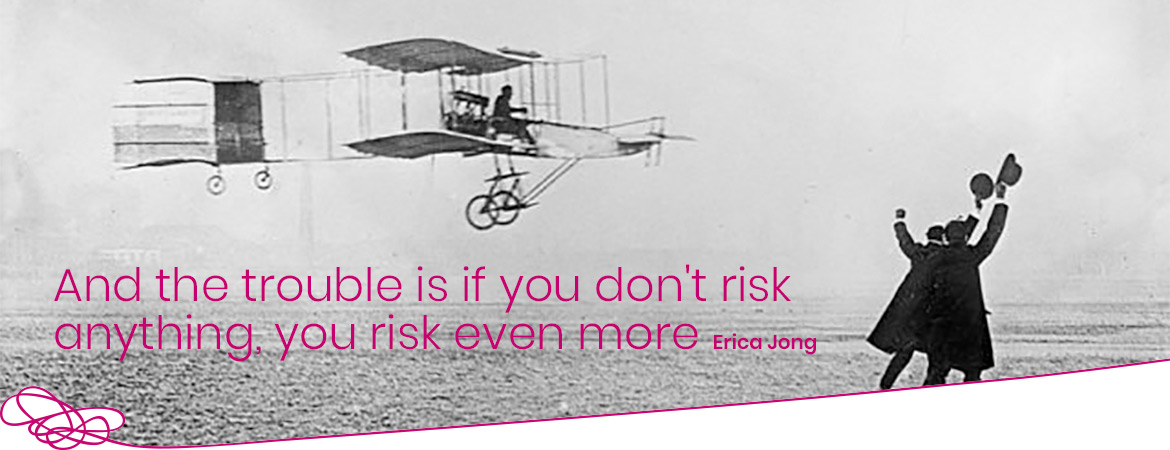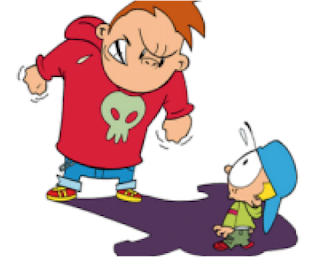Now this is a tricky question! As you probably know, i) everyone seems to want to be a coach these days and ii) there are absolutely no barriers, other than those self-imposed, to becoming one. So it is perfectly possible to set yourself up in business with no qualifications, experience, supervision, or talent for the work.
It’s also not an unknown phenomena for people in need of help themselves being attracted to the role of supporter /developer/ rescuer. There seems to be a sort of unconscious logic that says ‘If I can help someone fill a whole in their life, that will fill a gap in mine’. And of course it doesn’t work, as the agenda becomes about the ‘coach’ and their needs, not the client. Our clients often don’t know what ‘good looks like’, and there just isn’t enough feedback on practice from robust reliable and experienced sources.
Coaching has a long way to go to become a recognised profession, however we can all start by insisting on professional and ethical practice. Next time, for example, you speak to a coach who doesn’t think they need supervision ask them what makes them so special.










